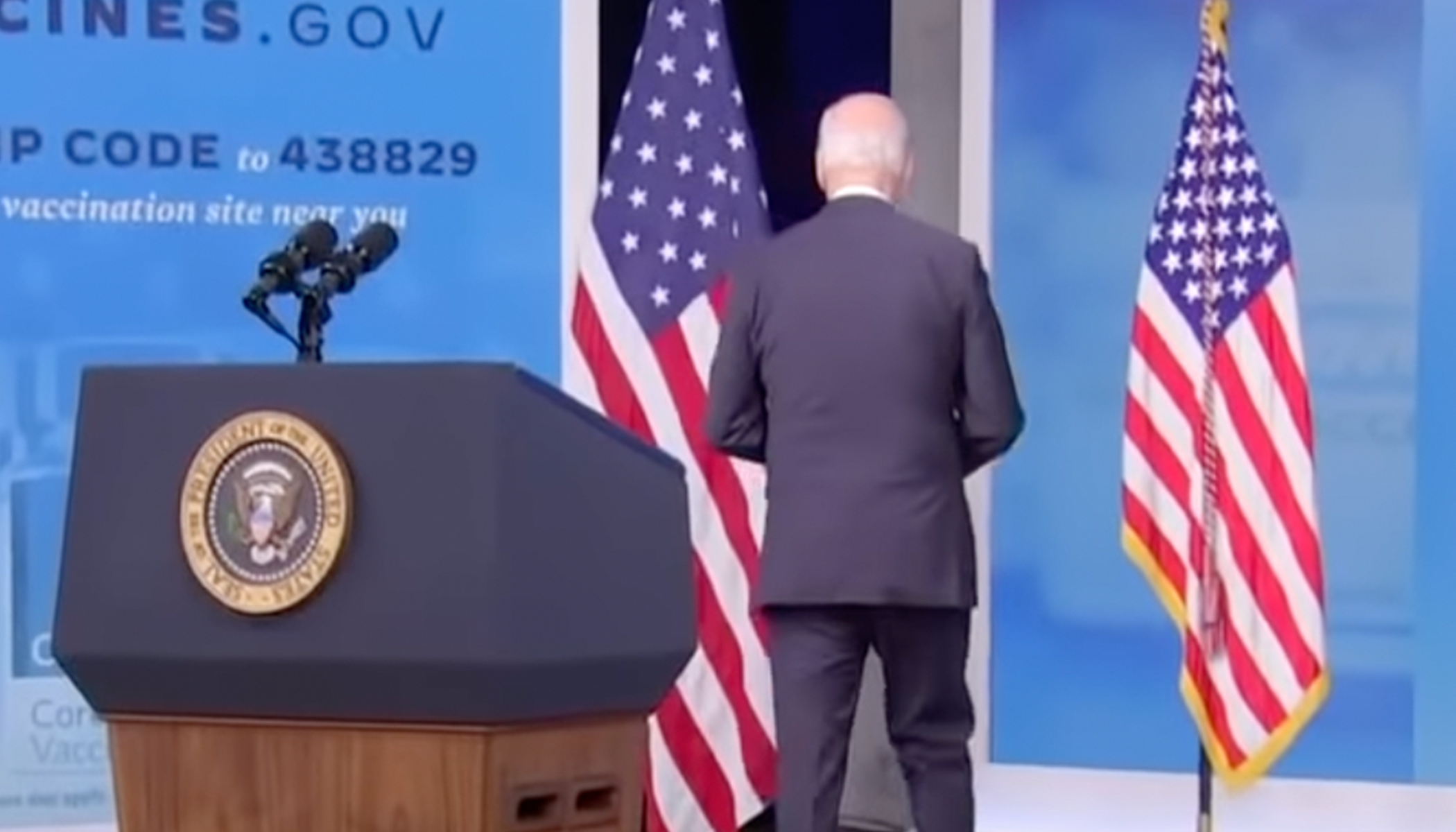Julian Assange Freed After Plea Deal, Ends 14-Year Legal Saga
Julian Assange broke down in tears as a judge declared him a free man after he pleaded guilty to a single espionage charge.
Assange has been released from a U.S. federal court after pleading guilty to a single espionage charge, enabling him to return to Australia without further legal consequences, as the Daily Mail reports.
Assange's Plea Deal and Release
Assange's legal battle concluded with a plea deal that was accepted by Judge Ramona V. Manglona in a U.S. federal court in Saipan. During the hearing, Assange admitted to encouraging a source to provide classified information, which he published. Assange expressed his belief that the First Amendment protected his actions, though he acknowledged the challenging contradiction between the First Amendment and the espionage act.
The longtime prisoner was released without probation or supervision and was credited for the 62 months he served in Belmarsh Prison in London. This decision came after consideration of the complete 14 years since his initial charges. Judge Manglona concluded that no further incarceration would be fair or appropriate, allowing Assange to walk out of the courtroom as a free man.
The federal court hearing at 9 a.m. local time was filled with public attendees, reflecting the high-profile nature of the case. U.S. Attorney Matthew McKenzie stated that the United States would withdraw its extradition request, adding another layer to Assange's newfound freedom.
Assange's Legal Ordeal Explained
Assange's legal troubles began in 2010, following his release of classified U.S. military documents. He faced unrelated rape accusations in Sweden around the same time. Seeking to avoid extradition, he sought asylum at the Ecuadorian embassy in London in June 2012. He remained there until his arrest in April 2019, after which he was confined to Belmarsh Prison.
The recent plea deal, which allowed his return to Australia, came after years of legal wrangling and diplomatic interventions. Australian Prime Minister Anthony Albanese played a critical role in advocating for Assange's release, underscoring the enduring Australian interest in his welfare.
Assange departed Saipan for Canberra, Australia, on Flight VJT199, which took off at 1 p.m. local time and arrived at 7:39 p.m. local time. Upon landing, he was reunited with his wife, Stella, and their two children, marking a joyous end to a long separation.
Judge and Legal Team's Statements
Throughout the court proceedings, Judge Manglona emphasized the importance of restoring peace to Assange's life. She highlighted the extensive saga of events that formed the basis for Assange's serious espionage charge, ultimately sentencing him to time served.
Assange, reflecting on his actions, admitted to encouraging the source to leak classified documents. Despite his belief in the First Amendment's protection, Assange accepted the plea deal, acknowledging the potential difficulties of prevailing in his case.
A lawyer for Assange passionately defended his client's journalistic efforts. He insisted that Assange's prosecution under the espionage act was unprecedented, and praised his exposure of truthful, newsworthy information, including revelations of US war crimes.
Reactions to Assange's Release
The response to Assange's release was overwhelmingly positive among his supporters. Amnesty International and various advocacy groups heralded the decision as a victory for press freedom. Amnesty International's Simon Crowther noted that Assange should not have been imprisoned in the first place and emphasized the ongoing fight for freedom of expression.
Jennifer Robinson, another legal advocate, stressed the global ramifications of Assange's predicament, calling it a symbolic victory against extradition and prosecution of journalists worldwide. She expressed hope that Assange's release would inspire journalists facing similar threats.
Assange's family expressed profound relief and gratitude. His wife, Stella, acknowledged the emotional strain of his long imprisonment but shared her elation at his return. Both Assange's father, John Shipton, and mother, Christine Assange, emphasized their joy and the power of diplomacy in securing his release.
Final Comments from Primary Figures
Australian Prime Minister Anthony Albanese reiterated the longstanding Australian position advocating Assange's return, stressing that continued incarceration served no further purpose. He highlighted the use of diplomatic channels in securing Assange's freedom and ensured his safe return to Australia.
Upon his return, Assange's family expressed its deep gratitude to everyone who supported the freedom campaign over the years, emphasizing the collective effort that led to this moment. Stella Assange posted celebratory messages, underscoring the public's role in achieving her husband's release.
Assange's release ends a 14-year legal saga, bringing relief to his supporters and igniting discussions on freedom of the press and the balance between national security and free speech. The outcome is seen by some as a landmark victory for journalists and advocates of transparency around the world.
Conclusion
Julian Assange, after pleading guilty to a single espionage charge, was released by a U.S. federal court in Saipan without further legal repercussions, bringing a close to his 14-year ordeal.
Assange's plea deal with American prosecutors allowed him to return to Australia, where he reunited with his family.
Judge Ramona V. Manglona credited Assange's time served and emphasized the importance of restoring peace to his life. This release was lauded by Amnesty International and other supporters as a significant victory for press freedom, though the debate over his conduct will surely endure for years to come.




